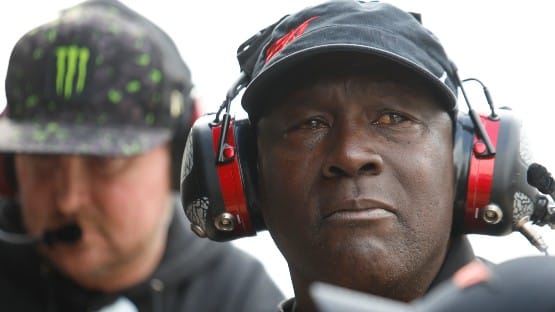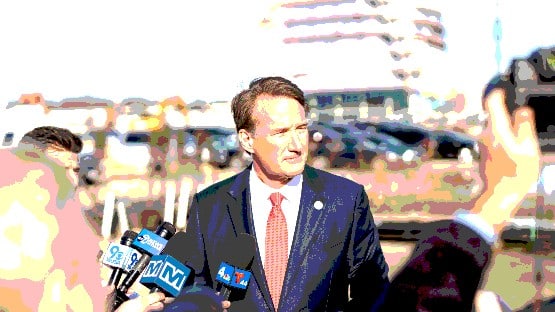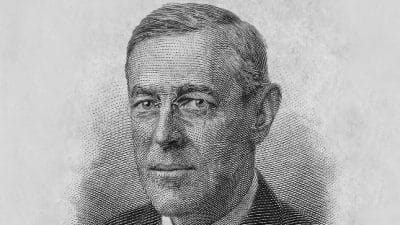
Michael Jordan, the NBA G.O.A.T. building a second career as a NASCAR Cup Series team owner, hit the nail on the head recently with his observation about the big thing holding back the stock-car racing series.
“In all partnerships, if you grow the pie, that means your business is going to continue to grow,” Jordan told The New York Times. “And to grow the pie, you’ve got to make sure everybody’s healthy within the partnership. If our ownership in NASCAR is losing money, and NASCAR’s the only one making money, that’s not a good partnership.”
The issue: NASCAR, the business, isn’t owned and operated like the other major American sports businesses, the NBA, NFL, MLB, NHL, the PGA Tour.
NASCAR is, in essence, a family business, and it’s run like a family business, even though the race teams that hire the drivers, crew chiefs, pit teams, engineers and the rest, are owned by outside interests who purchase charters from the France family that owns and runs the NASCAR circuit.
What Jordan, the co-owner, with top NASCAR Cup Series driver Denny Hamlin, a Chesterfield County native, of 23XI Racing, is getting at with his “make sure everybody’s healthy” line is, the teams bear all of those costs, but don’t get to share in the revenues generated like teams in other American professional sports do.
NASCAR Cup Series teams bring in around $9 million per year from their charters, a relative trickle considering that the France family gets $820 million from its media-rights deals, and is set to see that total bump up to the $1.1 billion range beginning with the 2025 season.
The limited flow of money back to teams leaves them reliant on finding sponsors to help them pay drivers, crew members and other staff, and to keep the cars running, which is why we see all the decals on the cars, and hear drivers in pre- and post-race interviews thanking a long list of their sponsors while answering questions about the races.
Team owners are starting to realize that there might be a benefit for them to collectively bargain, more than a half-century after pro baseball players first moved to form their first players’ union, and changed the sports business landscape forever.
Among the things they’re asking for is 45 percent of the series’ media-rights revenues – they currently get 25 percent – and charters that extend into perpetuity.
Basically, you buy the charter, it’s yours, same as Jerry Jones owns the Dallas Cowboys, not just through the next TV deal, which is the situation for NASCAR team owners.
The assumption is that the team owners have no leverage point, but you’re starting to hear talk about the team owners splitting with NASCAR to form their own racing series, which would bring a list of complications to the fore, most notably, where would they race, who would broadcast the races, and others.
There’s also talk about the teams just sitting out races – call it a boycott or strike, call it what you will.
A boycott, a strike, a rival league, none of it would be good either in the interim or for the long-term for NASCAR and, more generally, stock-car racing, but don’t be surprised to see the impasse that exists play out at least somewhat uncomfortably for all involved.
It’s not going to end up this way in this current situation, but down the road, it’s pretty clear that NASCAR, or whatever it’s called in the future, is going to have to end up using a model like the other major American sports leagues, which operate more or less as collectives.










